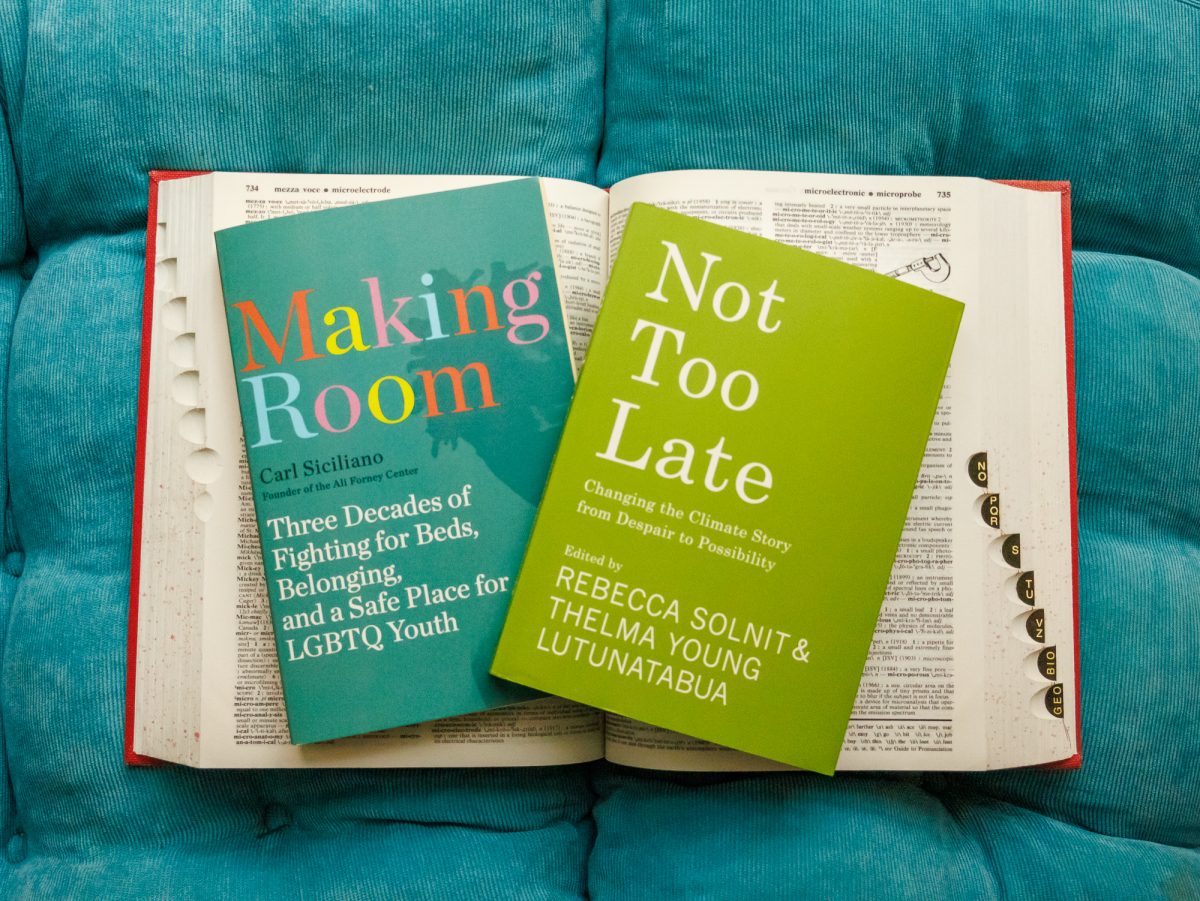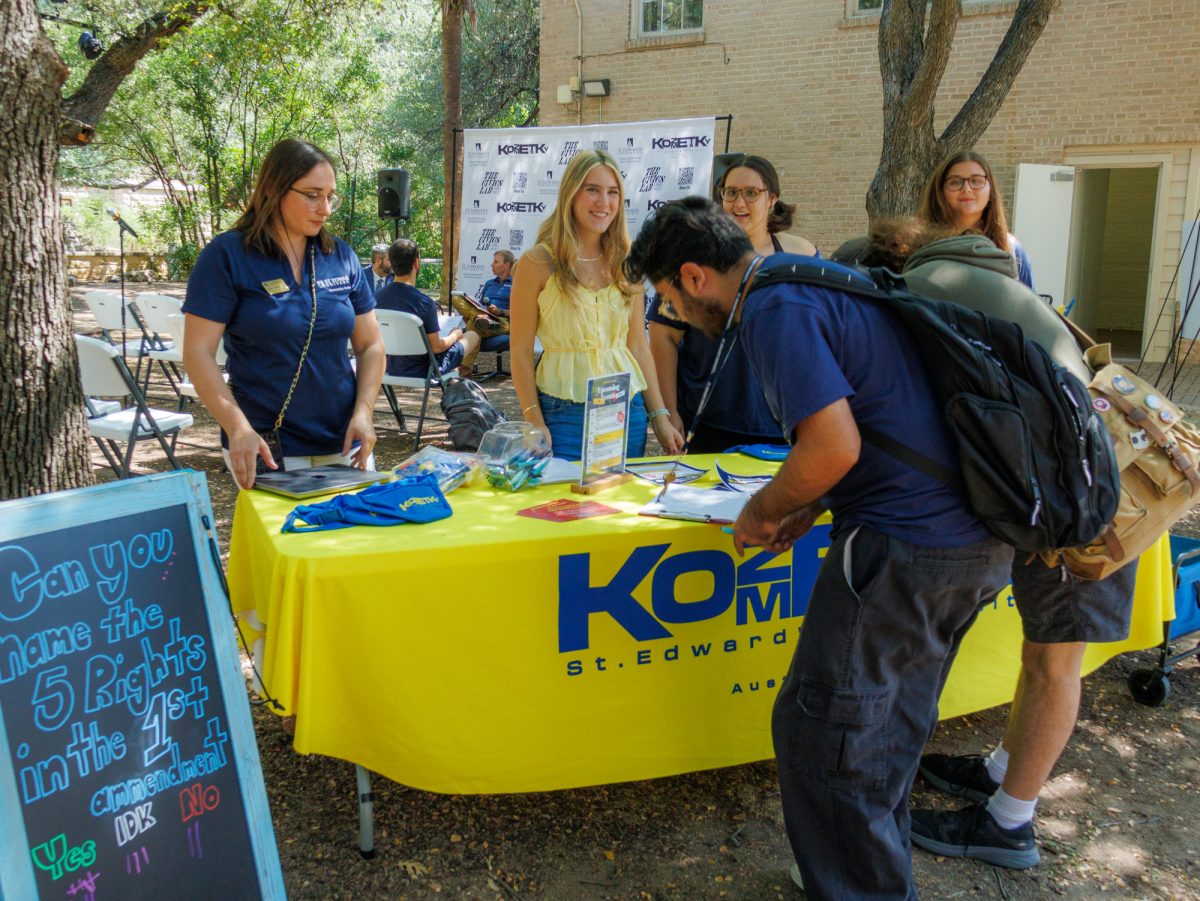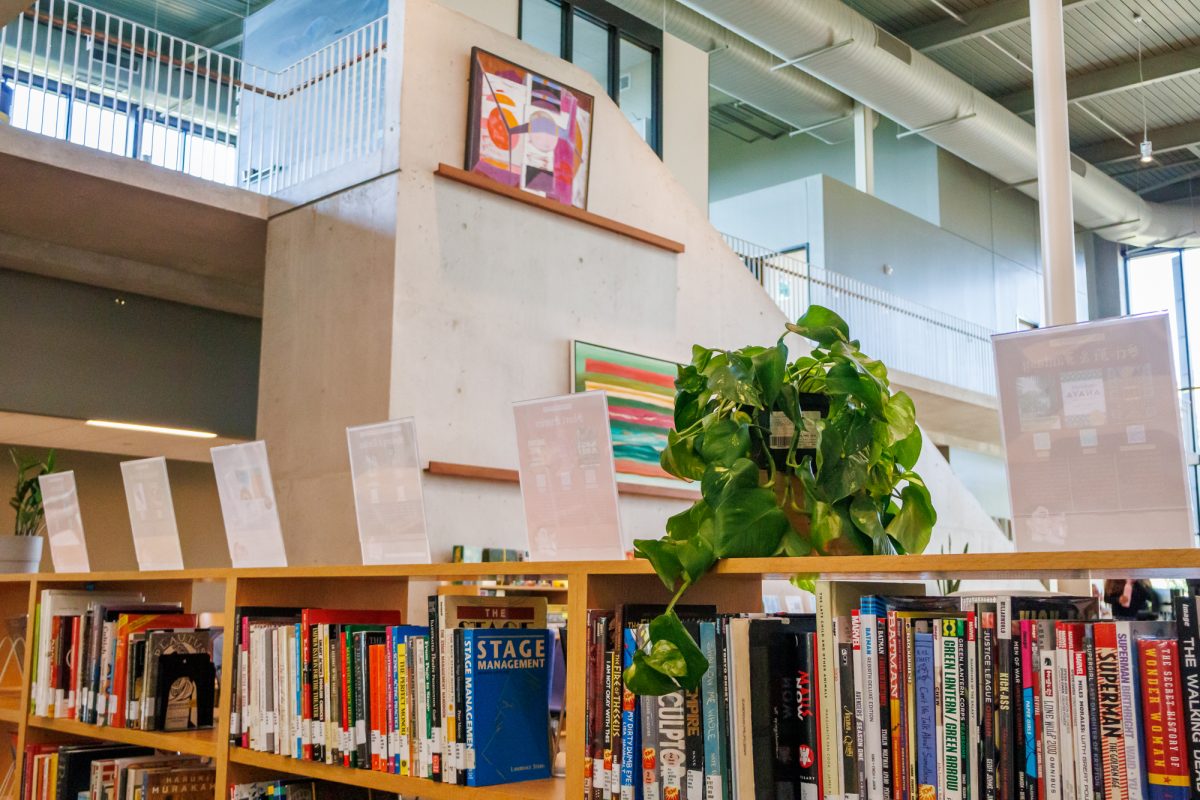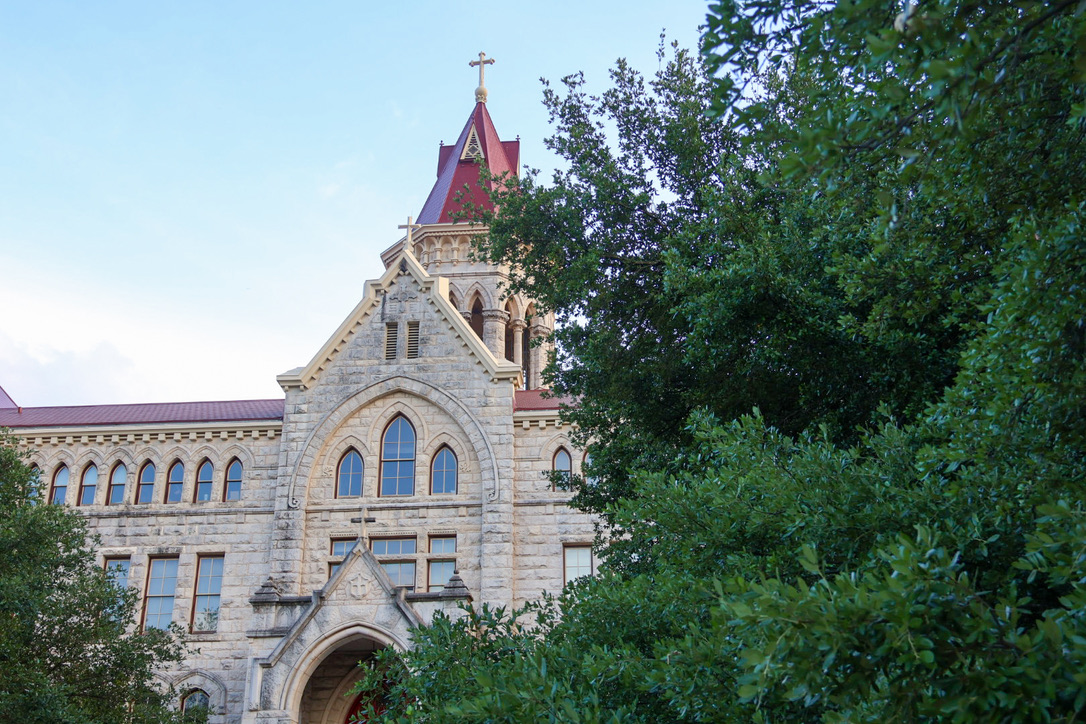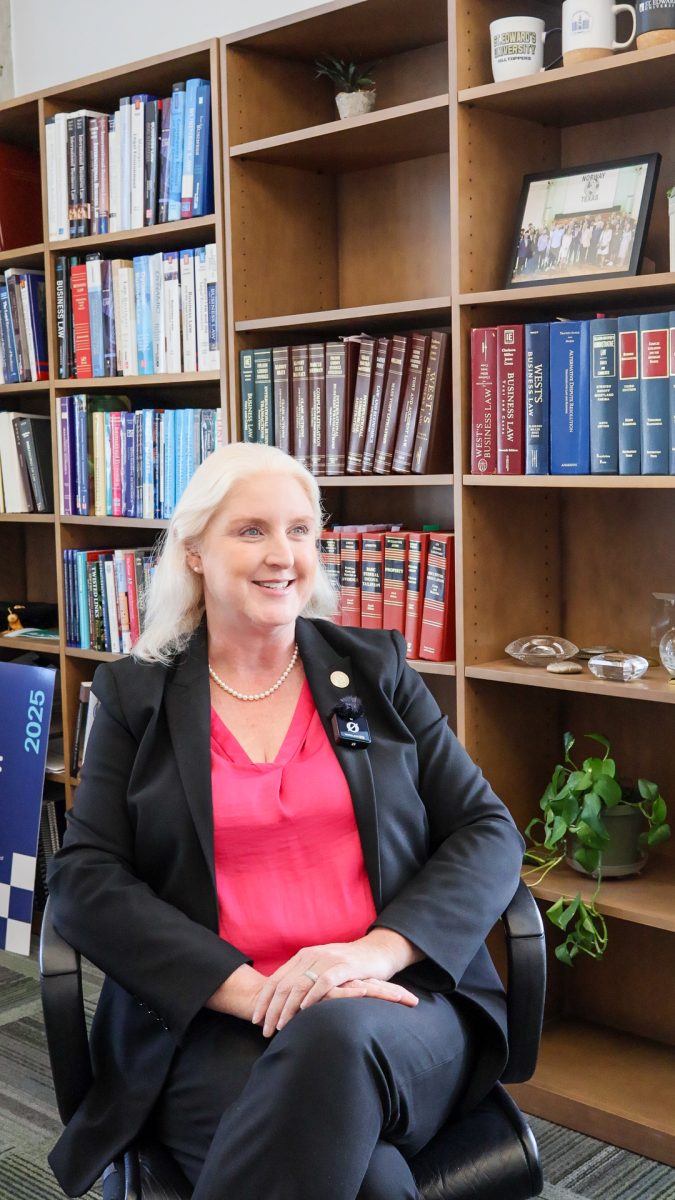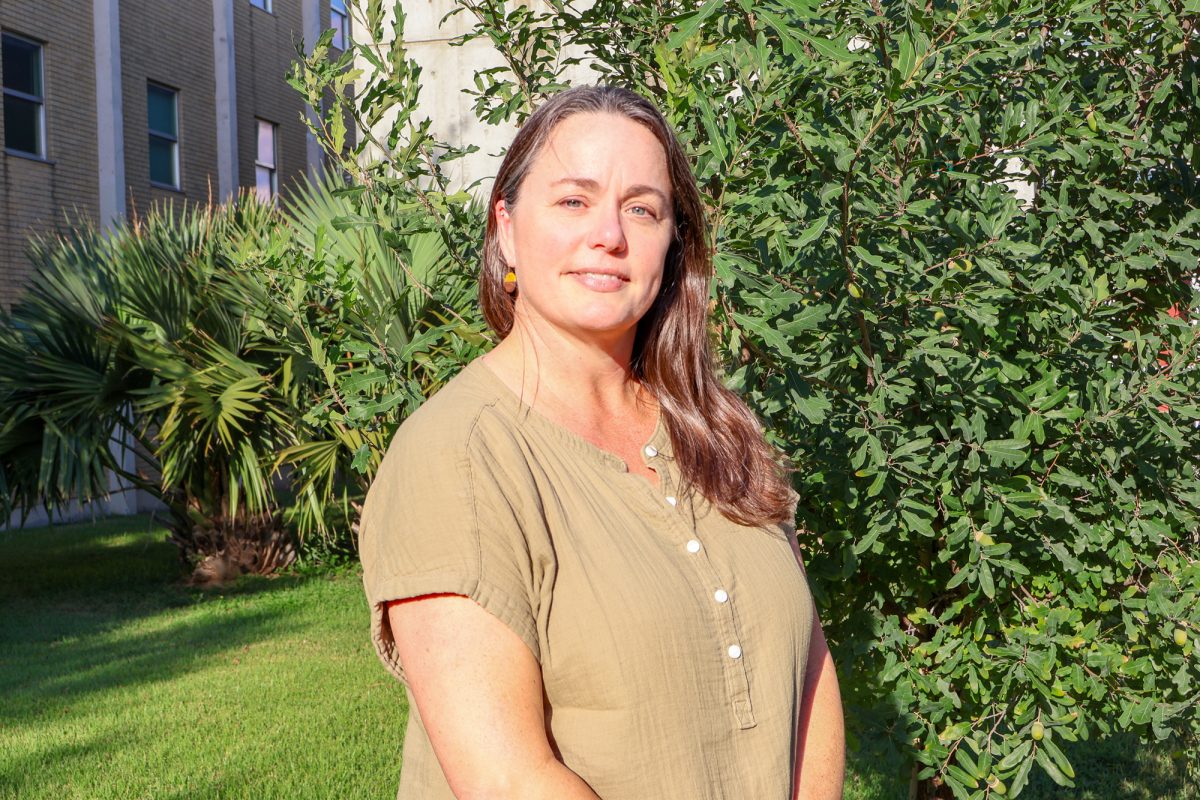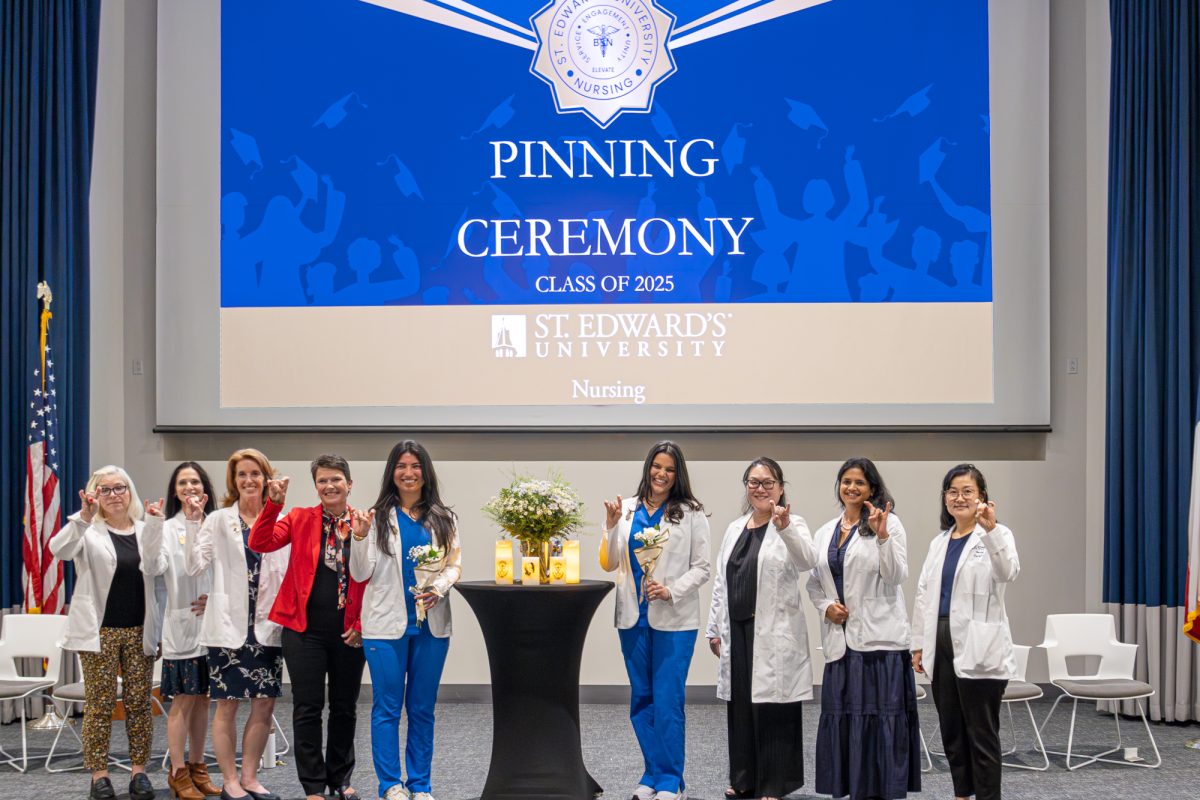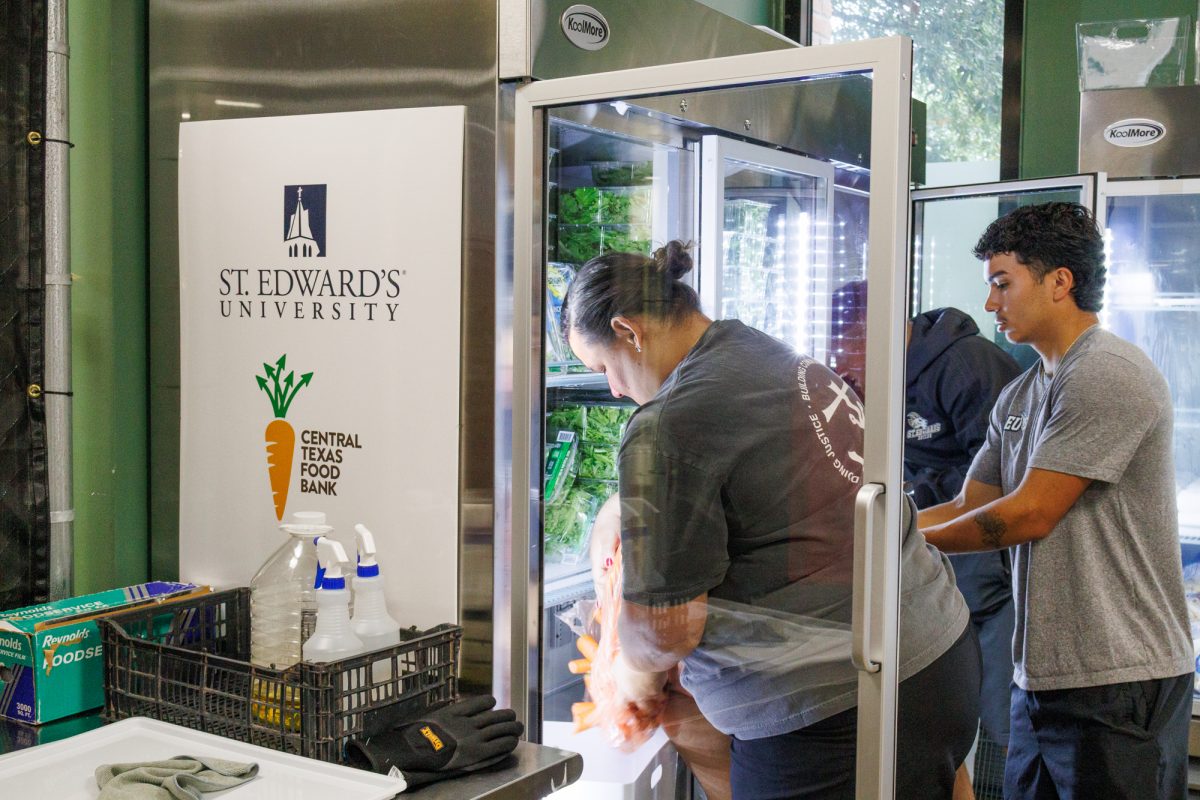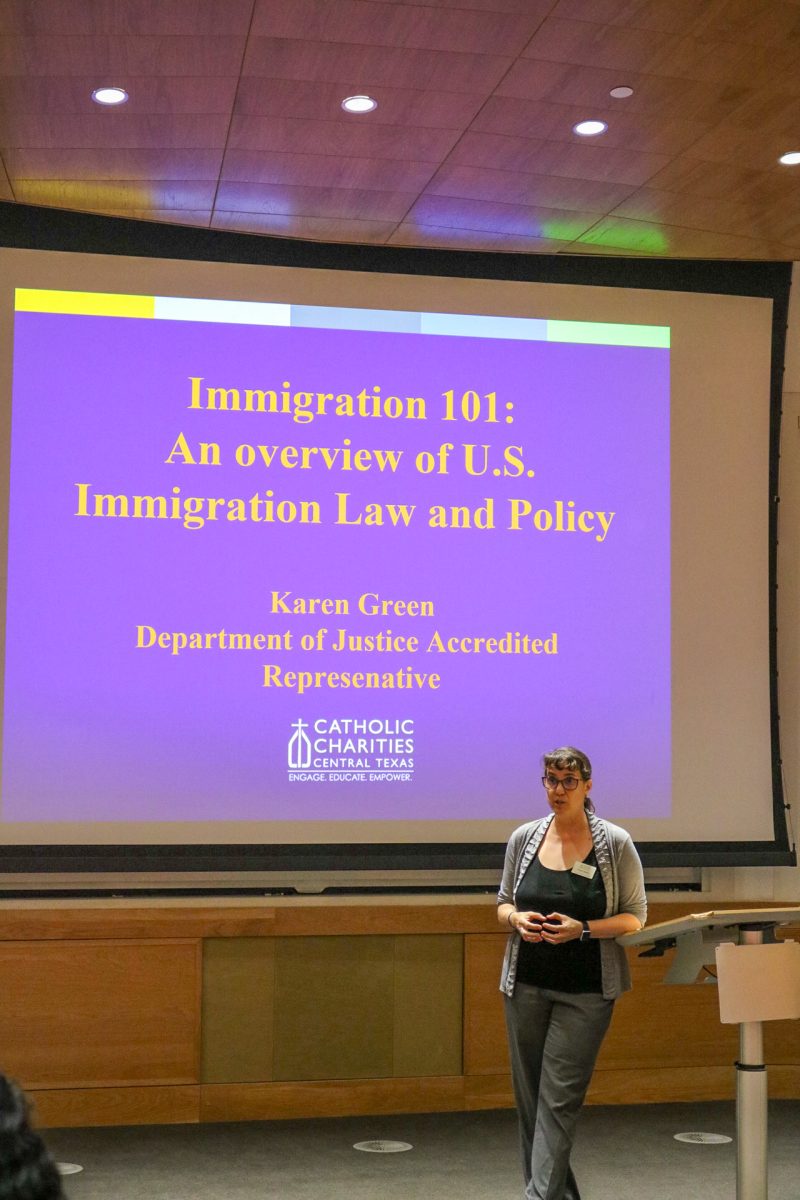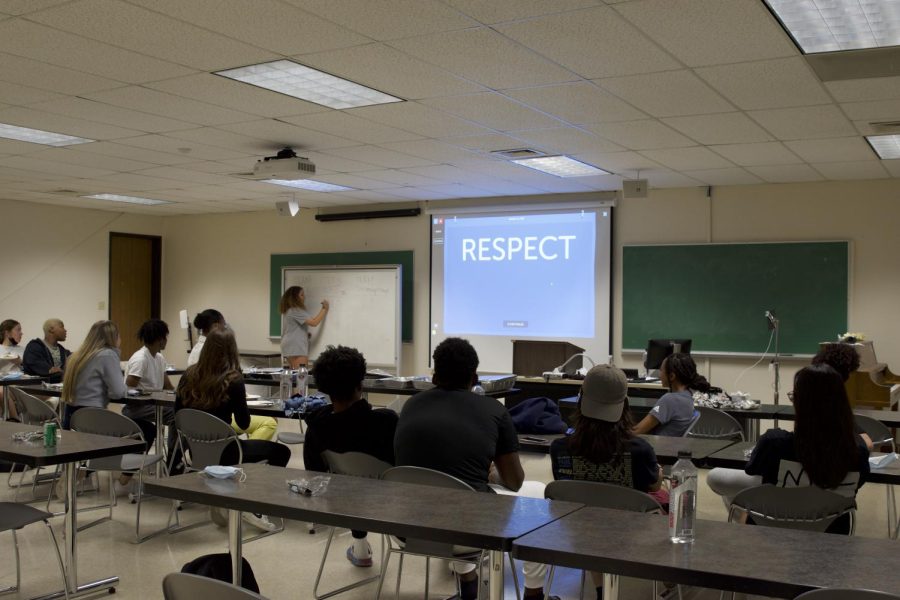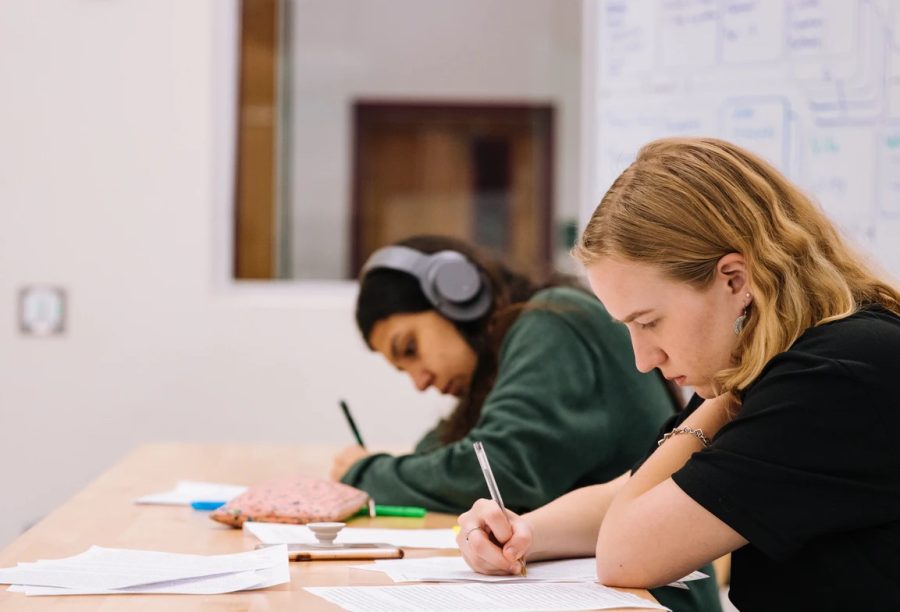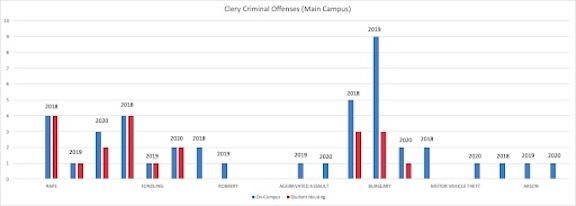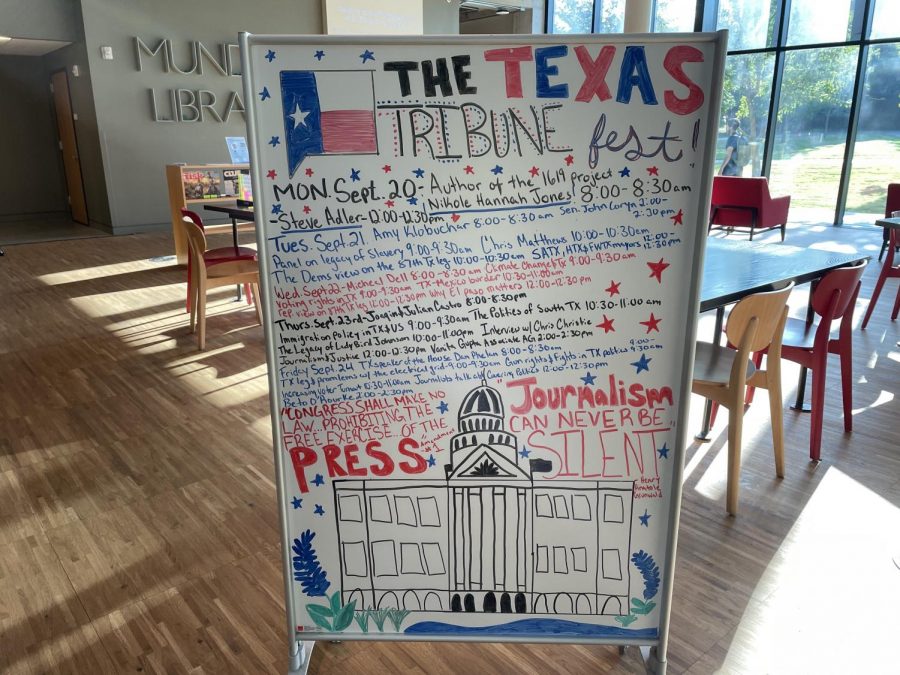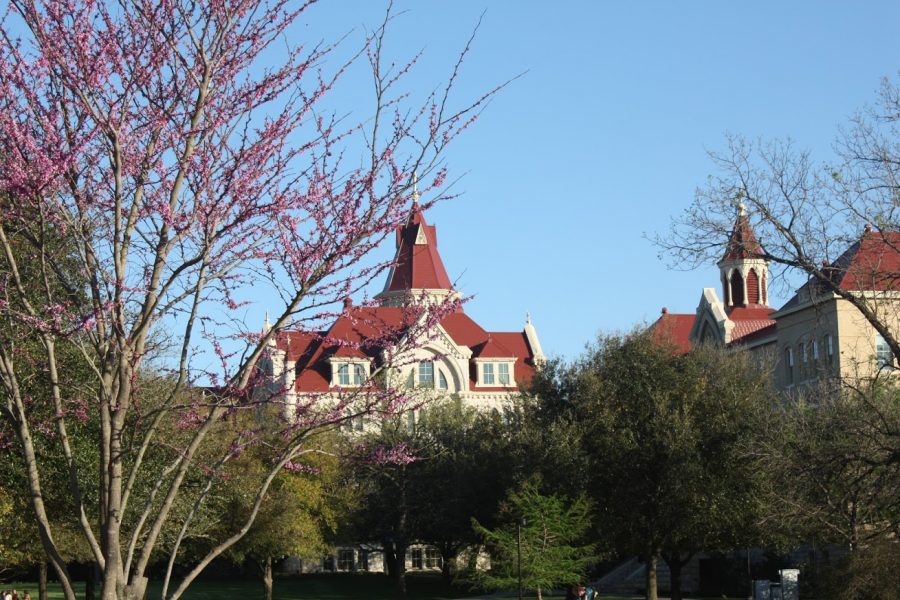This year, freshman students were asked to choose from a selection of two books for their common read, a change from the usual one book offered. A special committee selects the book and the common theme for every incoming class, which is intended to reflect relevant social and world themes.
The common read is chosen by a committee of about 30 members, composed of faculty, staff and students. The committee reads through about 20 books and over the course of several months narrows it down to one book.
When it came to choosing this year’s book, Emma Woelk, senior director of Academic Initiative and head of the committee described the process as challenging to get a majority vote on either book.
“Basically any way that we sliced it it was even, so that’s when I started thinking of like maybe we don’t have to pick, maybe we can try to do both things,” said Woelk.
The common theme for this year is “Home and Shelter,” and the books chosen interpret what this theme means differently. “Not Too Late: Changing the Climate Story from Despair to Possibility” is a collection of essays edited by Rebecca Solnit and Thelma Young Lutunatabua that takes a hopeful approach to the topic of climate change. It takes the theme and broadens it to the idea that the earth is home, and for it to remain that way, the issue of climate change needs to be properly addressed.
Alternatively, “Making Room: Three Decades of Fighting for Beds, Belonging, and a Safe Place for LGBTQ Youth” takes a direct approach to the theme. The book is a memoir by Carl Siciliano about his time working with homeless LGBTQ+ youth and the experiences that led him to create the Ali Forney Center, which is the largest housing program in the United States for homeless LGBTQ+ youth.
The common theme for each year is chosen with the intent of being relevant to the current state of the world.
“For climate of course this is very topical, this is pressing,” Woelk said, referring to Solnit and Lutunatabua’s work.
Woelk emphasized the relevance of Siciliano’s work, given the political climate in Texas over the past year.
“Being in Texas and thinking about what was going on in the legislature last year, protecting trans people and trans kids in particular also felt particularly important in that moment,” Woelk said.
The question is how will two books affect how students engage with the theme and work with the texts in the classroom. Some professors have decided to assign excerpts of each book, as topics arise.
Freshman Sarah Miller appreciates the freedom of choosing her common read.
“More choice is always going to be more beneficial because everyone will have their own interest,and giving students more options means they will connect more closely to the source material which lets them learn much better,” Miller said.
In freshmen seminar classes students are also required to attend events outside of the classroom that are related to the theme. The theme can be applied loosely to these events, and the goal is to get students involved and connected to the campus.
Initially some faculty and staff worried that it’d be difficult to organize events that were relevant to each book’s different connection to the “Home and Shelter” theme.
“Having two books is really nice, it does allow us to cast a pretty broad net and be more flexible and creative with programming and hopefully that will draw more people to the different events,” Woelk said. “Not to all of them, but to find something that is interesting to them.”
Woelk feels that the jury is still out about what direction this decision will take, but she says “We’re going to make this work the best that we can, and if the feedback we get from freshman and the teachers is that that’s too confusing then we’ll go back to one book, but let’s at least try it because it could be cool.”


